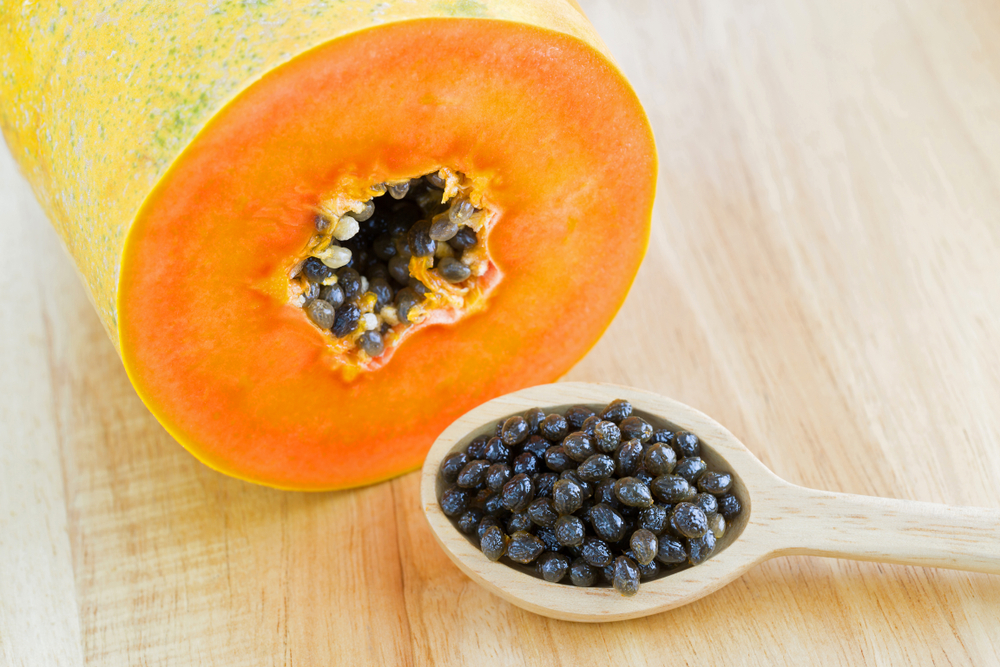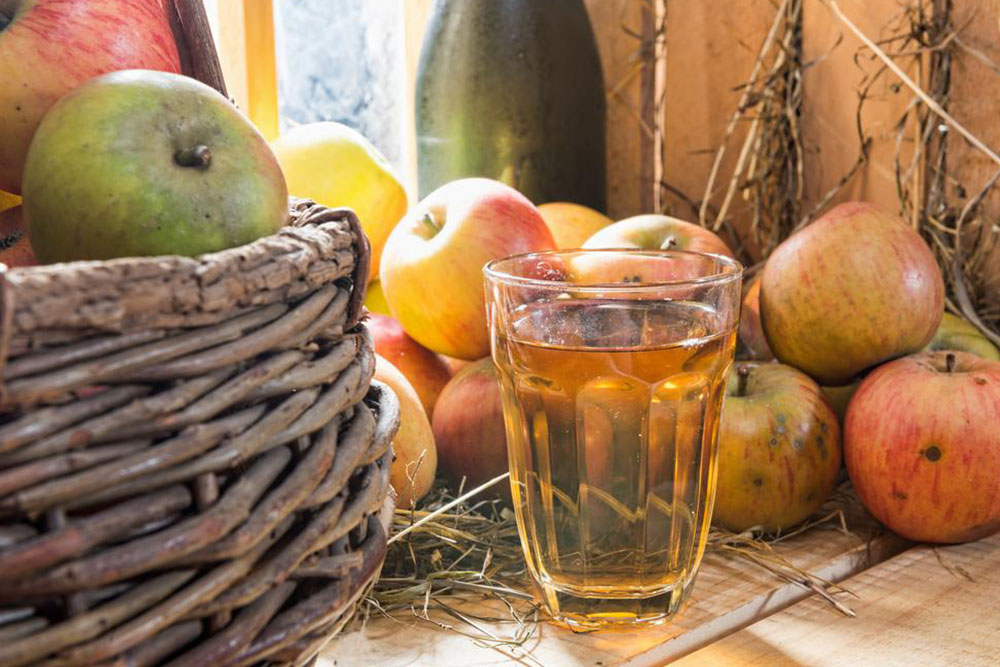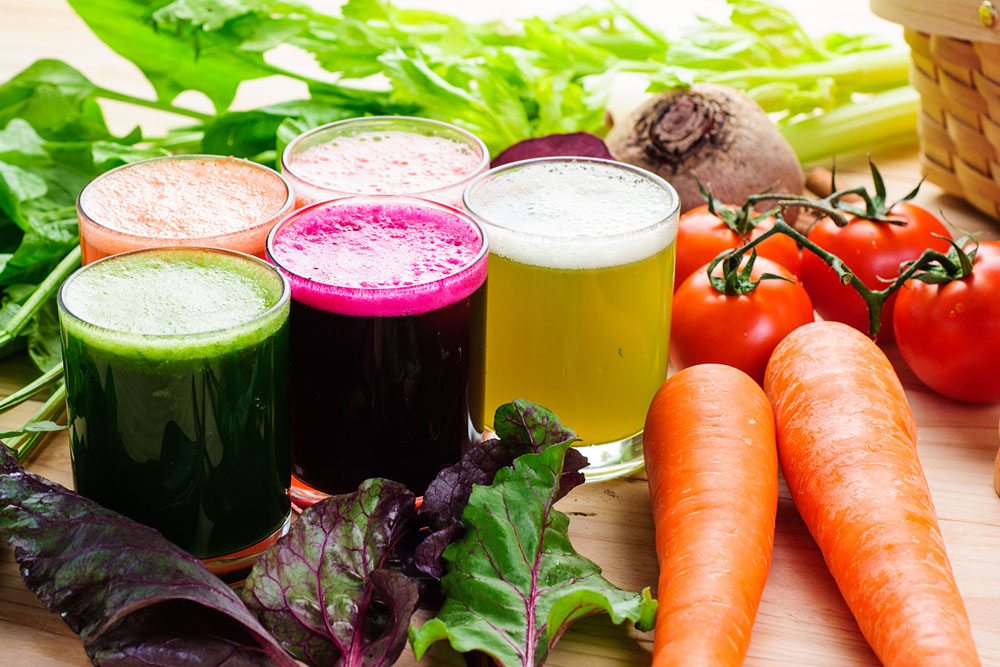Top 6 Health Advantages of Foods Rich in Proteolytic Enzymes
Discover the top six health benefits of consuming foods high in proteolytic enzymes. These natural enzymes support inflammation reduction, heart health, digestion, immune function, cancer prevention, and muscle recovery. Including foods like papaya, pineapple, ginger, and kiwi in your diet can enhance overall well-being and aid recovery from injuries and exercise soreness. Explore how these nutrient-rich foods can boost your health naturally with minimal effort and maximum benefits.

Our bodies contain approximately 75,000 enzymes, categorized into metabolic, digestive, and food enzymes. Proteolytic enzymes, a type of digestive enzyme, play a crucial role in breaking down proteins into amino acids for easy absorption. Notable proteolytic enzymes include trypsin, pepsin, papain, chymotrypsin, and others, naturally found in foods like papayas, kiwis, ginger, miso, kefir, pineapples, and bananas. Incorporating these foods into your diet offers significant health benefits, such as reducing inflammation, supporting heart health, easing digestive disorders, boosting immunity, combating cancer, and alleviating muscle soreness.
Reducing inflammation and enhancing circulation: Proteolytic enzyme-rich foods help control inflammation from injuries by decreasing capillary permeability and eliminating fibrin deposits. Improved blood flow ensures better oxygen and nutrient delivery, speeds healing, and reduces pain. These enzymes break down cellular debris, facilitating waste removal and decreasing swelling around injured areas.
Supporting cardiovascular health in diabetics and preventing atherosclerosis: Papaya contains the proteolytic enzyme papain, which aids in preventing heart issues related to diabetes and reduces arterial plaque formation. Rich in antioxidants, vitamins A and C, papayas help regulate cholesterol levels and promote clear arteries, lowering cardiovascular risks.
Alleviating symptoms of digestive disorders like IBS and ulcers: Specific proteolytic enzymes may ease discomfort from irritable bowel syndrome and ulcerative colitis. Consuming enzyme-rich foods such as honey, pineapple, papaya, mango, and bananas can reduce symptoms like constipation, diarrhea, bloating, and pain, improving overall digestive health.
Fortifying immune defenses: Proteolytic enzymes enhance immune response by reducing excess antibody production, which can cause inflammation and autoimmune issues. Eating foods like papaya and pineapple naturally supplies these enzymes, supporting immune balance.
Lowering cancer risks: The fiber and enzymes in foods like papaya, avocado, ginger, bananas, and pineapple help eliminate carcinogens, protecting cells from damage. These foods also provide vital nutrients like folate, vitamins E, C, and beta-carotene, contributing to cancer prevention.
Reducing muscle soreness after workouts: Athletes often experience delayed muscle soreness post-exercise. Consuming proteolytic enzyme-rich foods or supplements—especially those with bromelain and curcumin—can accelerate recovery and lessen muscle pain. Incorporate smoothies or salads with papayas, pineapples, and kiwi for natural relief.
Note: Our blog provides diverse, practical information based on research; however, it should not replace professional medical advice. The accuracy and applicability of information may vary, and users should consult healthcare providers for personalized guidance.










